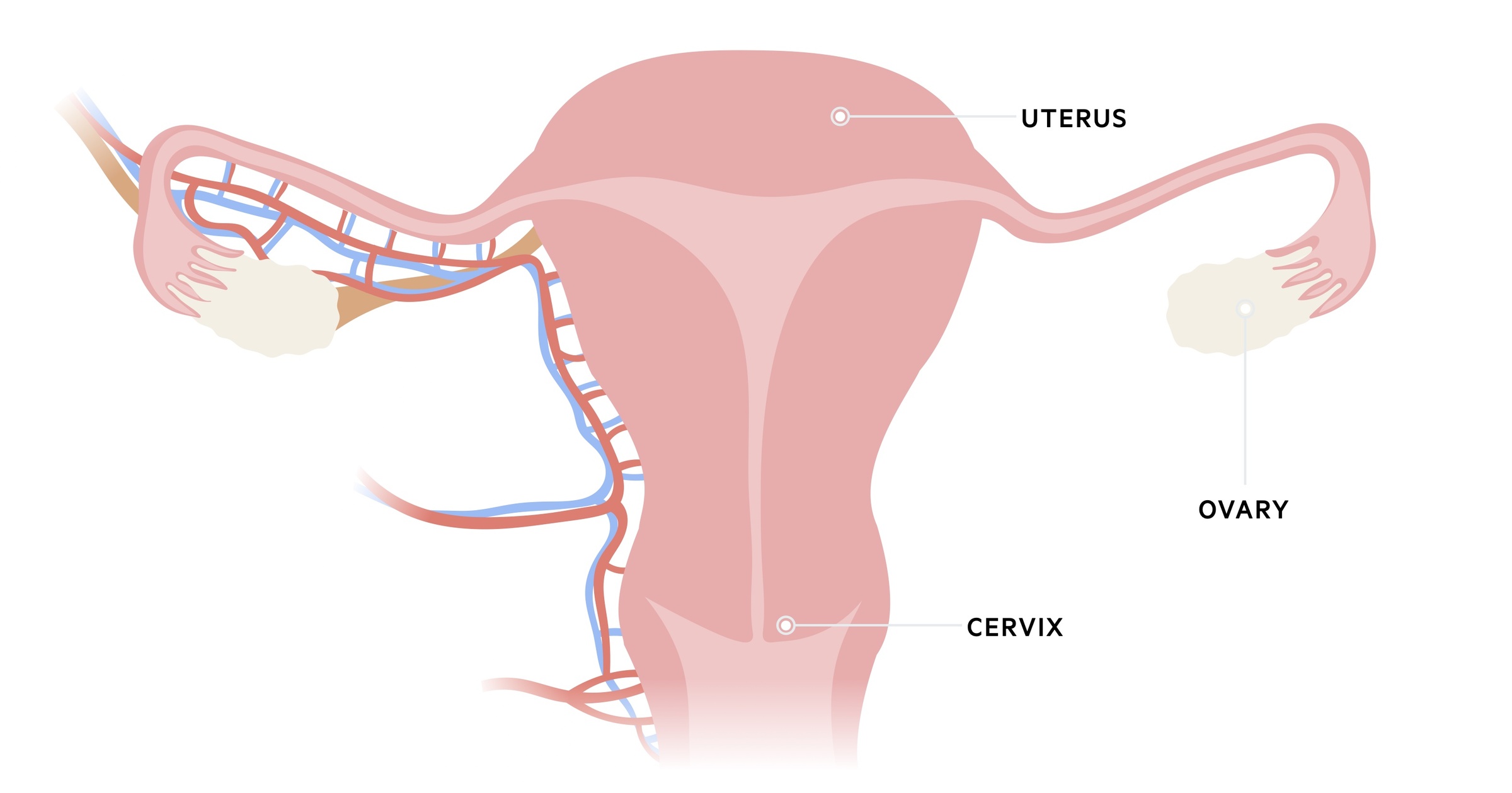
Screening for Gynaec Malignancy
DescriptionScreening for Gynaec Malignancy- 1. PAP smear 2. Carvical biopsy
Despite a trend towards universal testing, best practice to screen patients presenting with gynaecological malignancy for Lynch syndrome (LS) is uncertain. We report our institutional experience of a co-ordinated gynaecological LS screening program.
All patients with endometrial carcinoma or carcinosarcoma, or gynaecological endometrioid or clear cell carcinomas undergo reflex four panel immunohistochemistry (IHC) for MLH1, PMS2, MSH2 and MSH6 followed by cascade somatic hypermethylation analysis of the MLH1 promoter locus for dual MLH1/PMS2 negative tumours. On the basis of these results, genetic counselling and targeted germline mutation testing is then offered to patients considered at high risk of LS.
In the last two decades there have been significant advances in our understanding of female genital tract tumours. The discovery of BRCA1 and BRCA2 genes in ovarian cancer and the mismatch repair genes in endometrial carcinoma has revolutionized our approach to the diagnosis and screening of women for ovarian and uterine cancers. This review discusses the pathogenesis of these two hereditary syndromes in depth and explains how the molecular genetics is tailoring the manner in which these diseases are diagnosed and potentially treated. Other, less common hereditary conditions associated with gynaecological tract manifestations, such as Cowden syndrome, Peutz–Jeghers syndrome, Gorlin syndrome and hereditary leiomyomatosis and renal cell carcinoma, are also summarized briefly.






